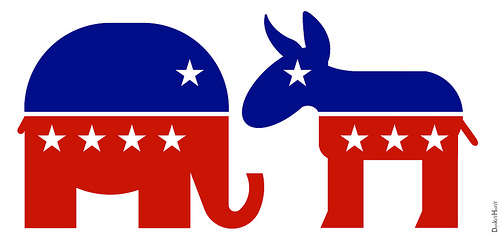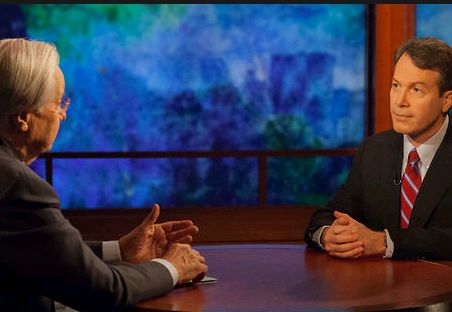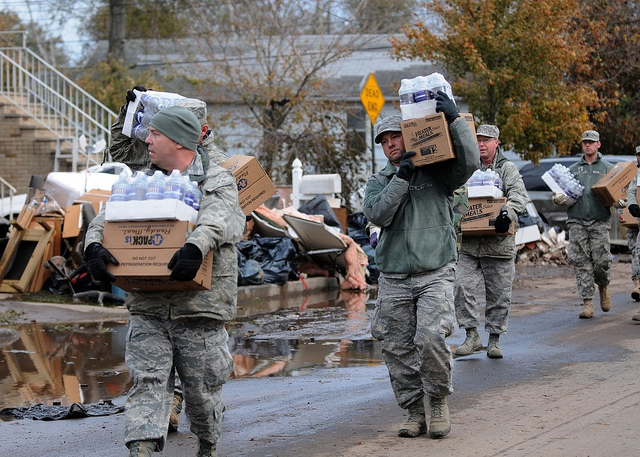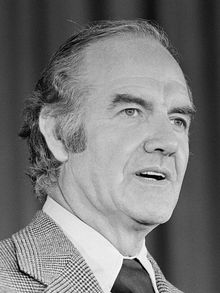It’s time to get serious about getting visual. Leaving photos and video out of our communications, or dropping them in as mere afterthoughts, equates to lost opportunity. Here’s why.
First, despite our better judgment, emotions drive our decisions. Neuroscientists, using highly sensitive brain scanning technology, have shown that our decisions and actions are based more on emotional reactions than rational thought.
Second, humans are a visual species. Pictures and text reinforce one another; in cognitive science this is called dual coding theory. Pairing words with visuals enhances not only attention, but believability and memory recall. In one study, adding visuals to a presentation boosted recall from 10 percent to 65 percent.
All this has a lot to do with the fact that visuals can quickly evoke emotion, more quickly and in ways that words alone cannot. In fact, the right images can activate mirror neurons, where your brain responds as if you are feeling what you see someone else experiencing.
It all adds up — with good visuals, we invite our audiences to feel first, then to think, and this has the potential to cement our message in their minds.










